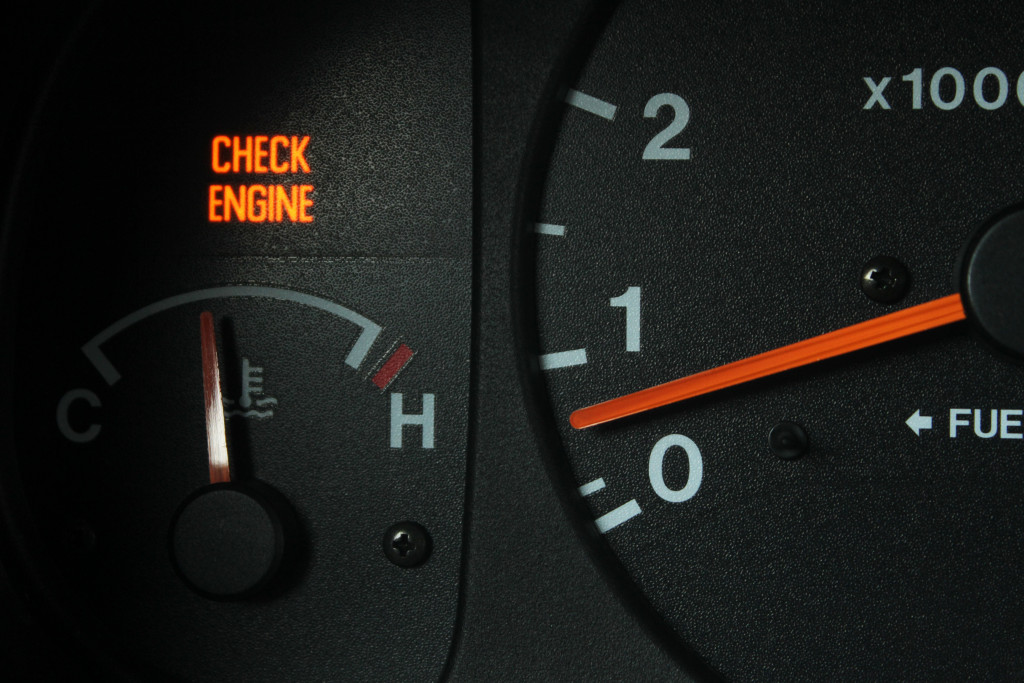It’s no secret that a car is a complex machine. With all the different parts working together, it’s easy to see how something could go wrong. But what if there was something you could do to prevent engine failure? Here are six tips to help you keep your car running smoothly.
Ensure Timely Maintenance
Engine failure is one of the most severe problems affecting a car. If an engine fails, the vehicle will not be able to run and will need to be towed to a mechanic for repairs. In some cases, engine failure can be caused by simple neglect and a lack of timely maintenance.
For example, if oil changes are not performed regularly, the oil can break down and cause engine parts to seize up. Similarly, if the cooling system is not maintained correctly, it can lead to overheating and engine failure. Consequently, ensuring that your car receives timely maintenance is essential to avoid engine failure.
It is always advised to take your car to a mechanic regularly. The repair shop you choose should depend on their expertise with your car type and engine. For instance, if you use a diesel car, going to a repair shop with expertise in petroleum or other fuel types is not useful. Hence, you need to choose a diesel vehicle repair shop in such a situation. The diesel repair shop will have expert auto mechanics who can get the word done safely to ensure your car engine doesn’t stop. They will also help detect any problems during regular checking so that you can get the issues fixed soon before they become complex and costly.
Drive Responsibly
Car engines are designed to last for many years with proper care. However, engine failure is a common problem that can occur suddenly and without warning. In most cases, engine failure is caused by overheating, which can be caused by various factors, including driving at high speeds, towing a heavy load, or running the air conditioner while idling. Other causes of engine failure include oil leaks, faulty sensors, and worn-out spark plugs.
While some problems can be fixed relatively easily, others may require major repairs or a complete engine replacement. To avoid engine failure, driving responsibly and maintaining your vehicle according to the manufacturer’s recommendations regularly is essential. Taking these precautions can help ensure that your car will continue running smoothly for many years.
Check for Warning Signs
Your car’s engine is one of the most important components of your vehicle, and engine failure can be a costly repair. To avoid engine failure, it is important to be aware of the warning signs. One early warning sign of engine trouble is increased exhaust smoke. If you notice that your car is producing more smoke than usual, it could indicate that the engine is not burning fuel efficiently.

Another symptom to watch for is unusual noises coming from under the hood. If you hear knocking or clicking sounds, it could be a sign that the engine bearings are damaged. If you notice such warning signs, it is vital to have the car checked by a mechanic as soon as possible to avoid further damage.
Be mindful of the “Check Engine” Light
Cars are essential for many of us to get around. They take us to work, school, and appointments. We rely on them to get us where we need to go. That’s why it’s essential to be mindful of the “Check Engine” light. Ignoring it could lead to engine failure, and that can be costly to fix.
The “Check Engine” light comes on when there is a problem with the car’s engine. It could be something as simple as a loose gas cap or a more serious issue like a faulty oxygen sensor. Ignoring the light could lead to further damage to the engine, which can be expensive to repair.
Know When to Replace Your Engine
Your car engine is one of the most critical parts of your vehicle — it’s what provides power to make your car move. That’s why it’s so important to know when to replace your engine before it fails and leaves you stranded. There are a few telltale signs that your machine is on its last legs: if your car starts making strange noises, vibrates excessively, or if the check engine light comes on, it’s time to take it in for a checkup.
If your mechanic finds that the problem is with the engine, they’ll likely recommend replacing it. Don’t wait until your engine fails — by then, it’ll be too late. Be proactive and replace it before it fails, and you’ll save yourself a lot of hassle (and money) in the long run.
By following these simple tips, you can avoid car engine failure and keep your vehicle running smoothly for many years. Be mindful of the warning signs, take care of your car, and don’t ignore problems until it’s too late. With some preventative maintenance, you can avoid costly repairs and keep your car on the road for a long time.
